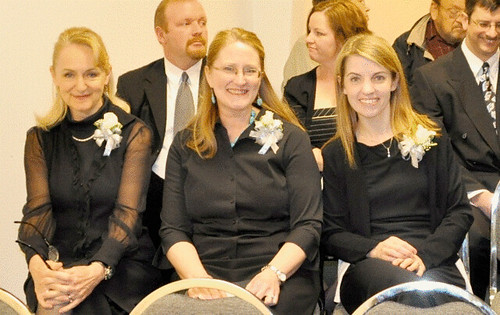Web 2.o (perhaps an over-used term but a rapidly expanding source of shared information) may include user-generated content, social media, wikinomics, folksonomies and open source software. For centuries, scholars have treasured the great works created by the most brilliant minds. Expert authority has been regarded with great esteem by the wise elders. Now that the hierarchy of information has toppled, is respect for human ideas, creativity, and wisdom still valued?
Today, we see a trend toward “information wants to be free.” Note the link to cyberpunks and that idea that hackers are liberators of information which should never be isolated or controlled by a single ideology. Don’t mistake my intent here to insult hackers or cyberpunks. Some of the individuals I follow in my personal leraning network may fall into that category!
The core philosophical standards of my training as a librarian have encouraged me to balance intellectual freedom with intellectual property. I hear many people call the Internet the “world’s biggest library” and use the term “Google” as both librarian and search strategy. Many individuals are unaware of the cost of high quality information in academic databases. Convenient sources, accessed immediately, are first choice. Giving credit to the source of information retrieved online is an idea that is archaic in some circles. Respect for intellectual property is the concern of stuffy old academics from the dark ages. A science teacher can use a youtube video created by a 6th grader to teach magnetism, so who needs an expert?
Why I do I care? Why am I taking the time to write this blog?
Standing among the rubble, having witnessed the toppling of the hierarchy of information, my concern is that human beings will no longer have a quest for deep understanding. I think I am beginning to understand The Shallows by Nicholas Carr.
Who am I to write about this? I am no authority! I am an example of the problem I address, adding to the “sea of chaos” by writing a user-generated blog. Spouting off my meager ramblings for the world to read (knowing that the likelihood is extremely small because the average time spent on a webpage according Nicholas Carr is only 18 seconds), I often feel unqualified to share my thoughts online. I remind myself that I should be willing to serve as a “brave guinnea pig” in this new era because there is no going back to life before the net.
The only redeeming value I can see in this post, is that fact that I am revising a draft that I started two years ago ( August 2009). I saw my unfinished post titled “The Toppling Hierarchy of Information” and was compelled to revise. Oh, the power of that word- revision (to see again).

